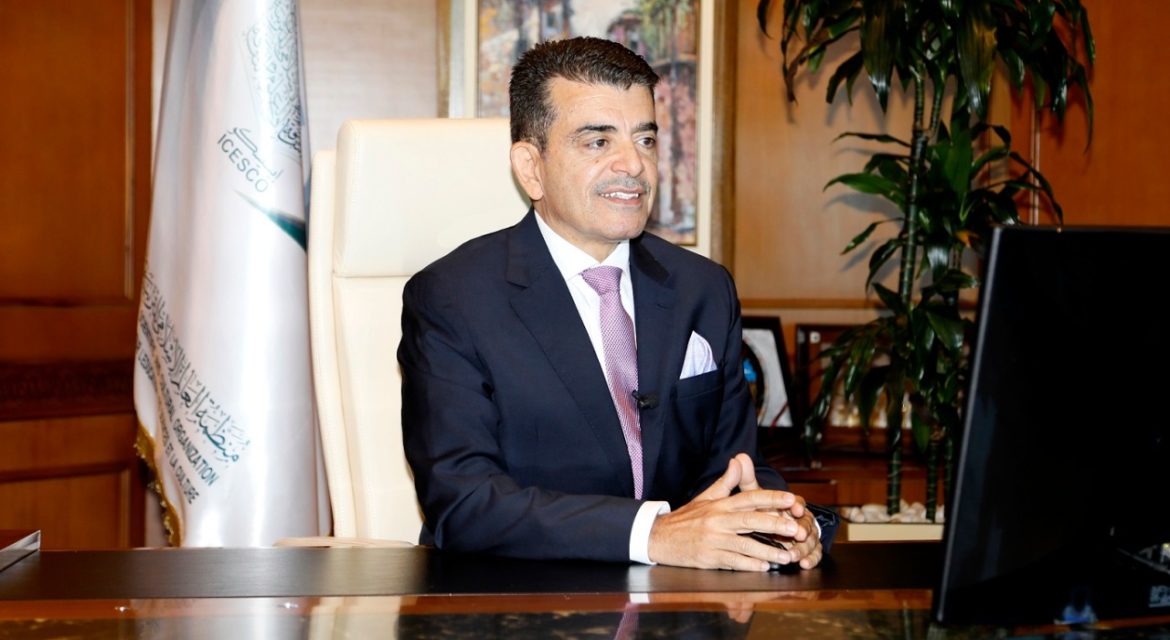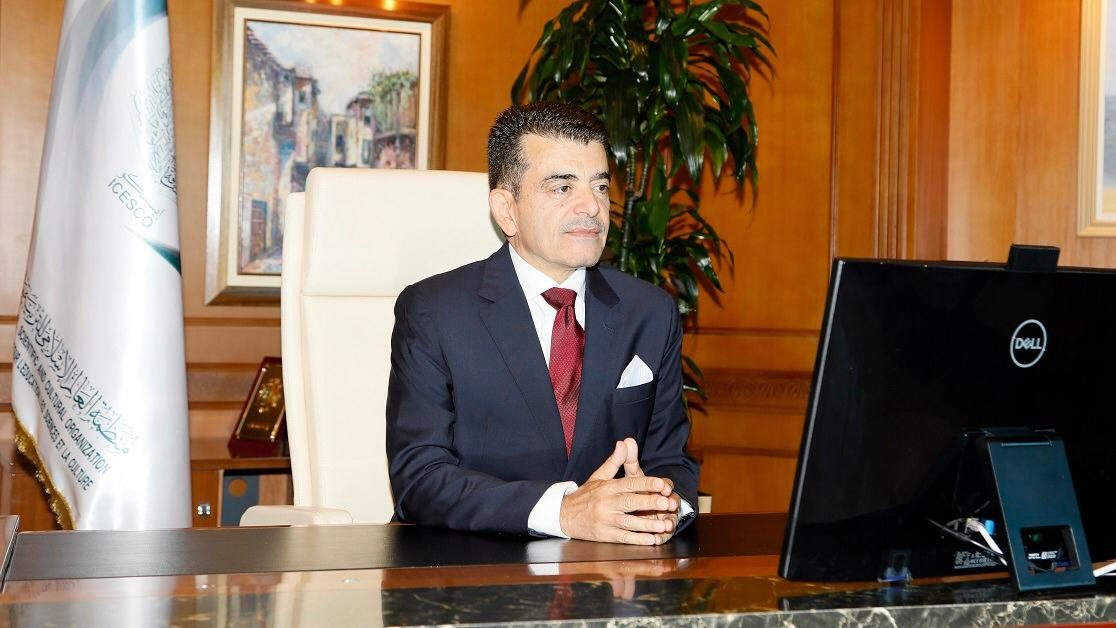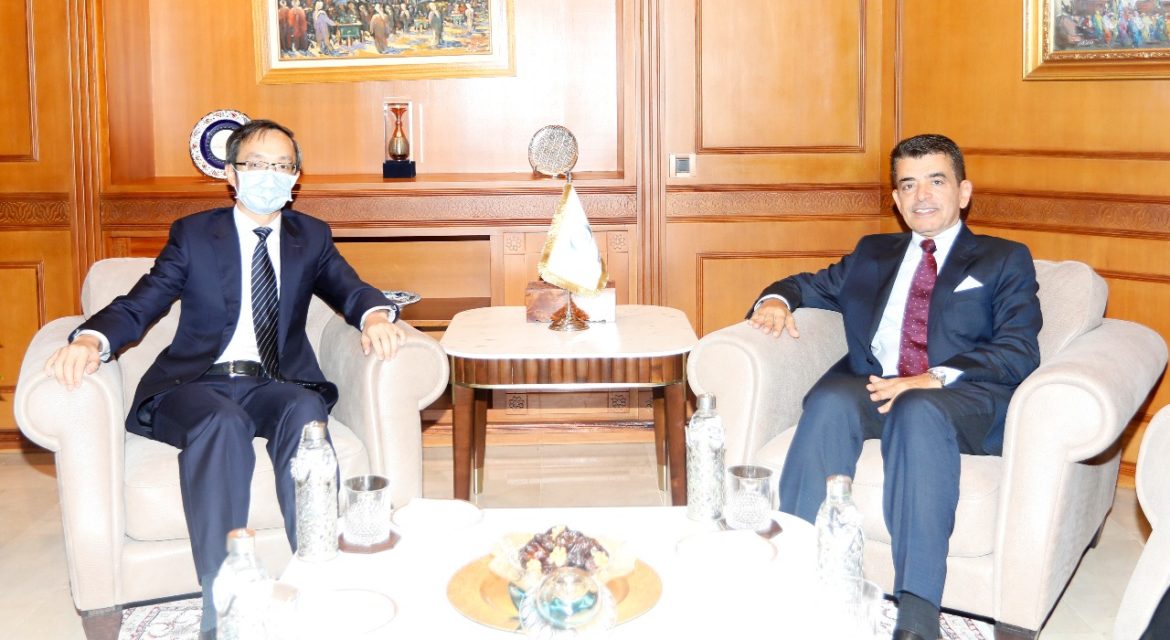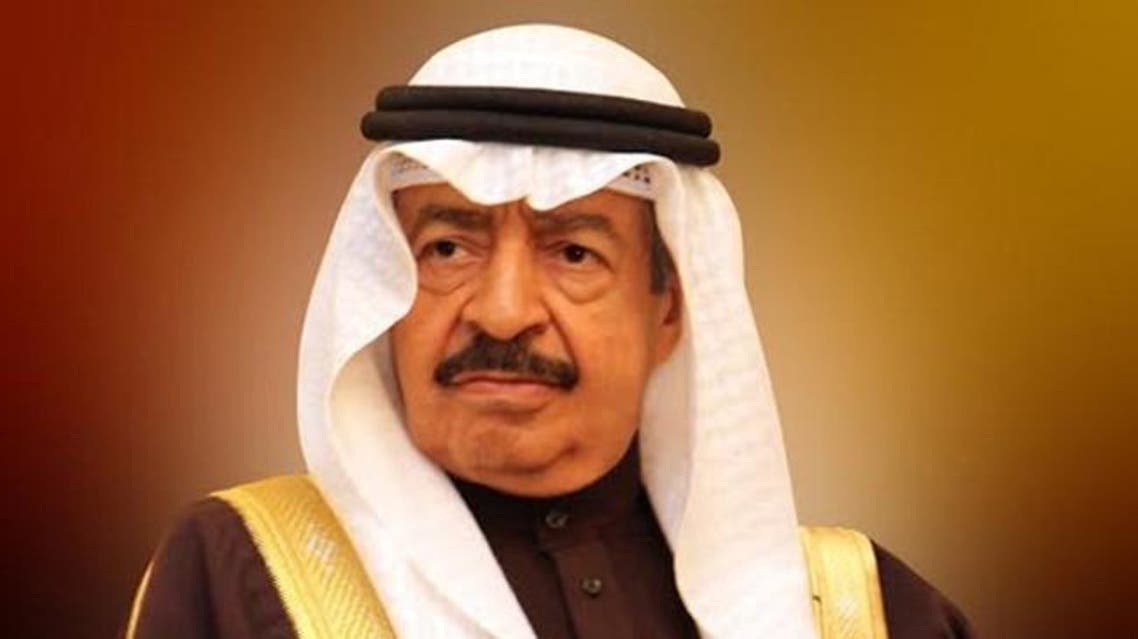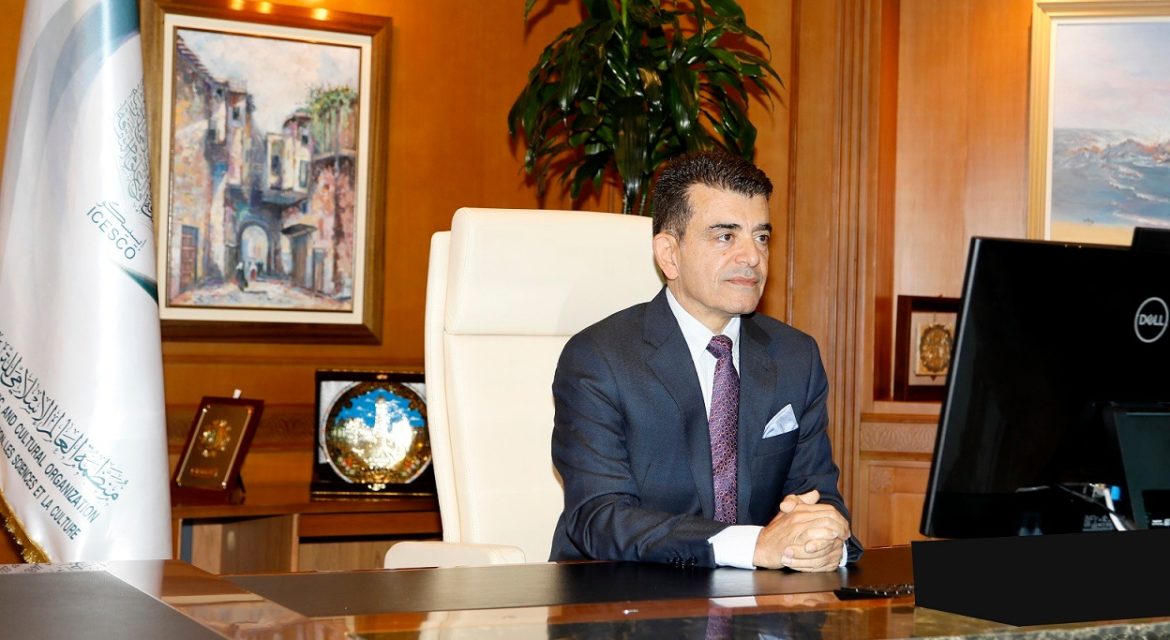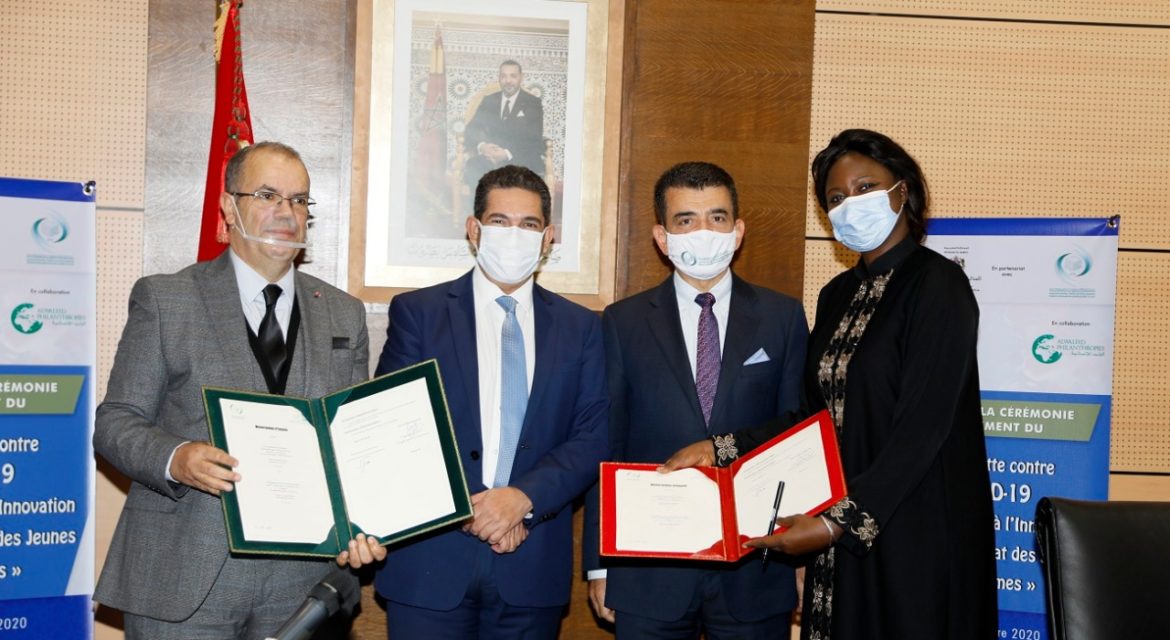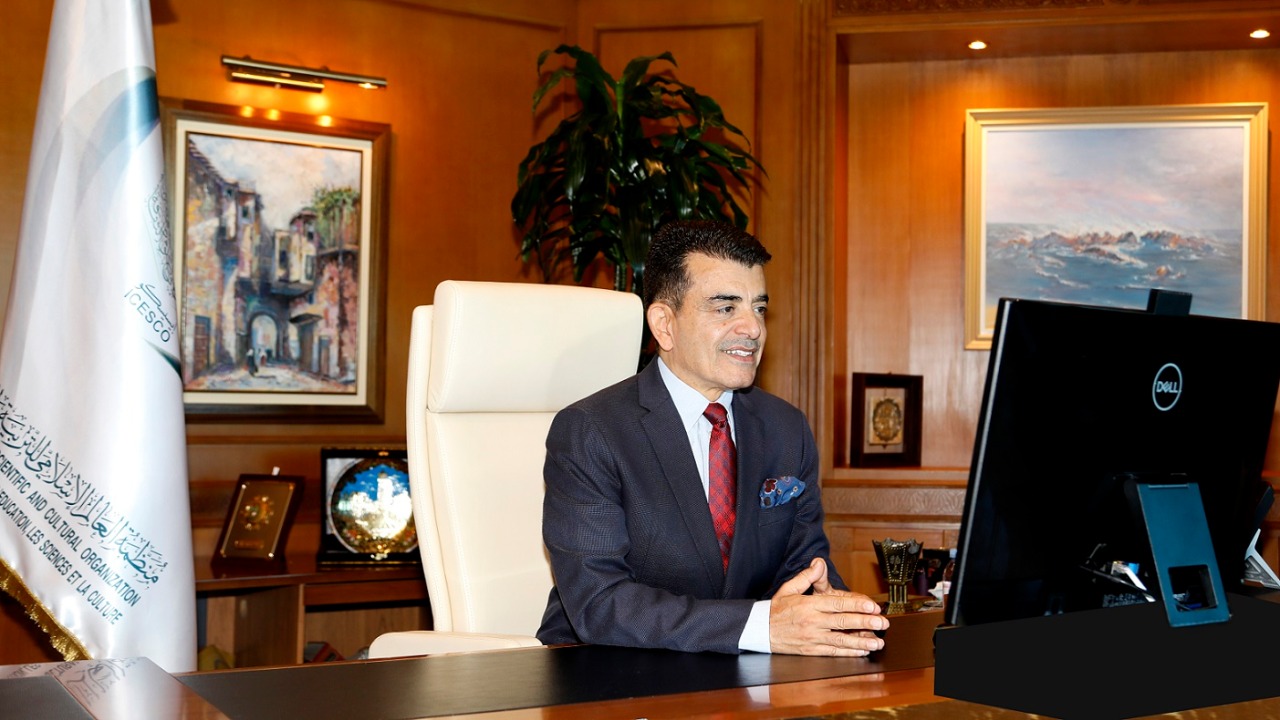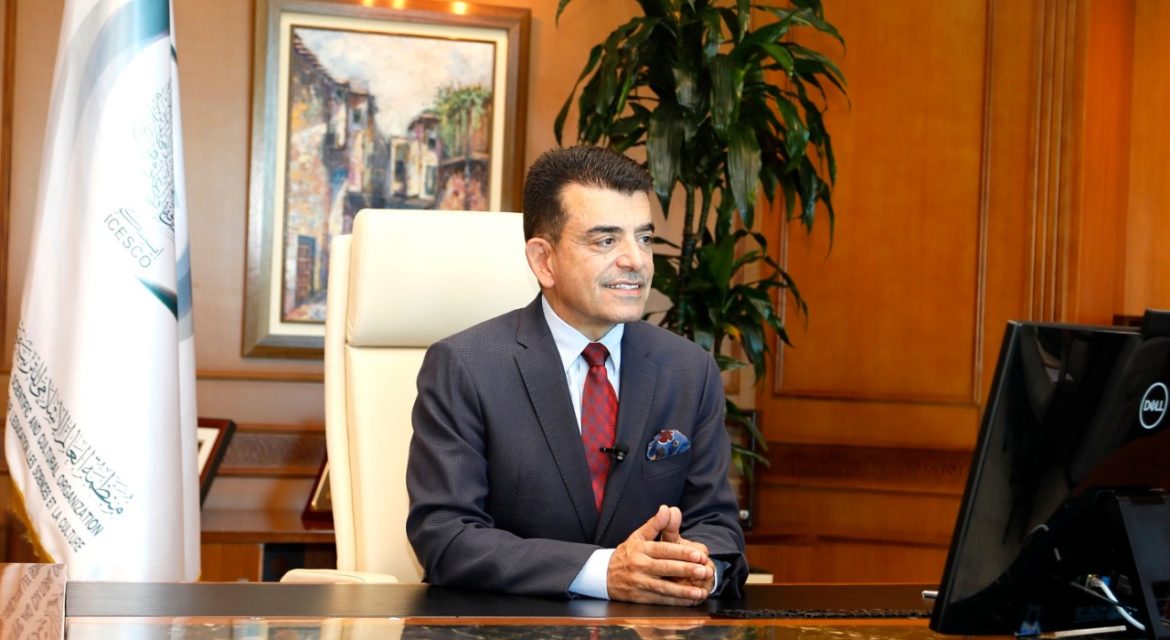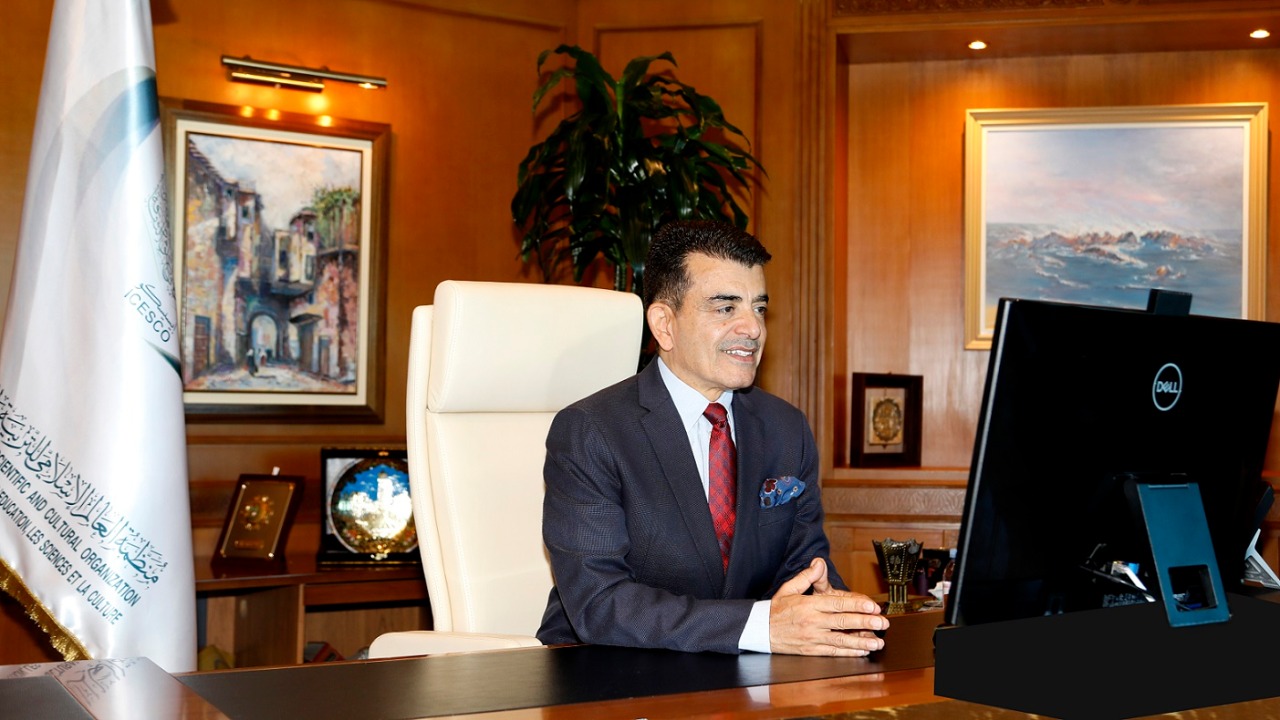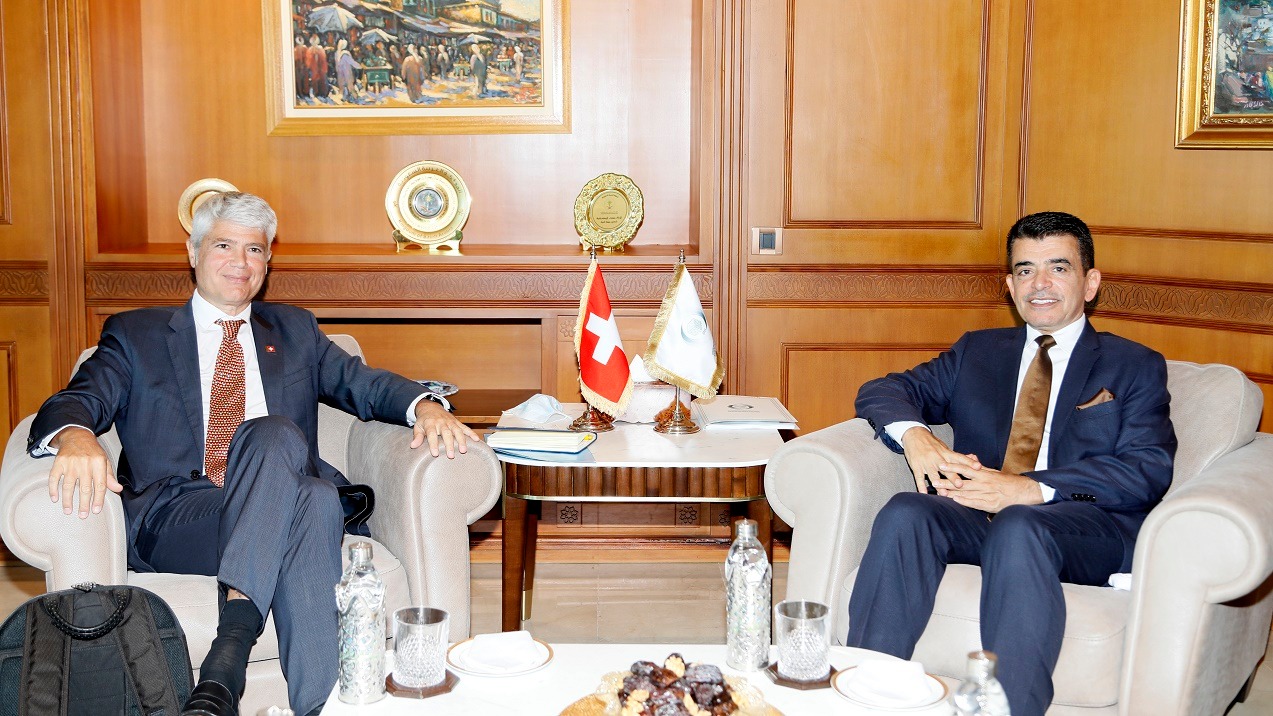Dr. Salim M. AlMalik, Director-General (DG) of the Islamic World Educational, Scientific, and Cultural Organization (ICESCO), reaffirmed that education is a bastion that should be protected from all forms of bigotry, defamation, and the rejection of differing views, and background.
“The educational institution should spread the culture of tolerance, respect, dialogue, cooperation, and acceptance of human diversity. It constitutes a space to raise national awareness and promote the proper social upbringing of children and youth, who should learn tolerance as an educational value to become good and open-minded citizens” he added.
The statement was part of Dr. AlMalik’s address at the 3rd Forum of the Kingdom’s Dialogues that King Abdulaziz Center for National Dialogue (KACND) in Saudi Arabia held on Monday, November 16, under the theme “We discourse for tolerance”. The videoconference brought together ministers, intellectuals, and directors of research centers as well as experts on the International Day of Tolerance.
Dr. AlMalik stated that teaching tolerance in educational institutions lies in rejecting discrimination between learners. “Daily interaction based on mutual respect can promote and enrich the national identity,” he continued.
“The culture of tolerance also aims to build a shared history of mankind in the future through the promotion of various sources of heritage. In Muslim countries, we have a diverse human heritage, which belongs to various nations and is part of our identity and civilizational wealth as well as a soft power at the international level,” stressed Dr. AlMalik.
ICESCO DG added that human societies today experience an unprecedented exchange of knowledge and constant communication. “We live side by side without isolation. The daily interaction is no more an option, it is rather a universal norm that should be rationally addressed and considered,” he stressed.
The DG highlighted that ICESCO, as part of its new vision, issued an international document to entrench the bases of solidarity and tolerance. The document, titled “ICESCO Declaration for Moral Solidarity,” received unanimous support from all international religious leadership and institutions. It tackles a key topic “moral solidarity in the face of crises” based on two foundations: the need for universal ethics and the need for preserving human dignity.
Dr. AlMalik underscored that ICESCO, along with its partners, launched a new action program for the benefit of universities and research institutions on the intellectual immunity from extremism. The Organization is also preparing the first guide on the deconstruction of extremism discourse and the first encyclopedia in the field while calling for cooperation with ICESCO by joining these civilizational projects.


